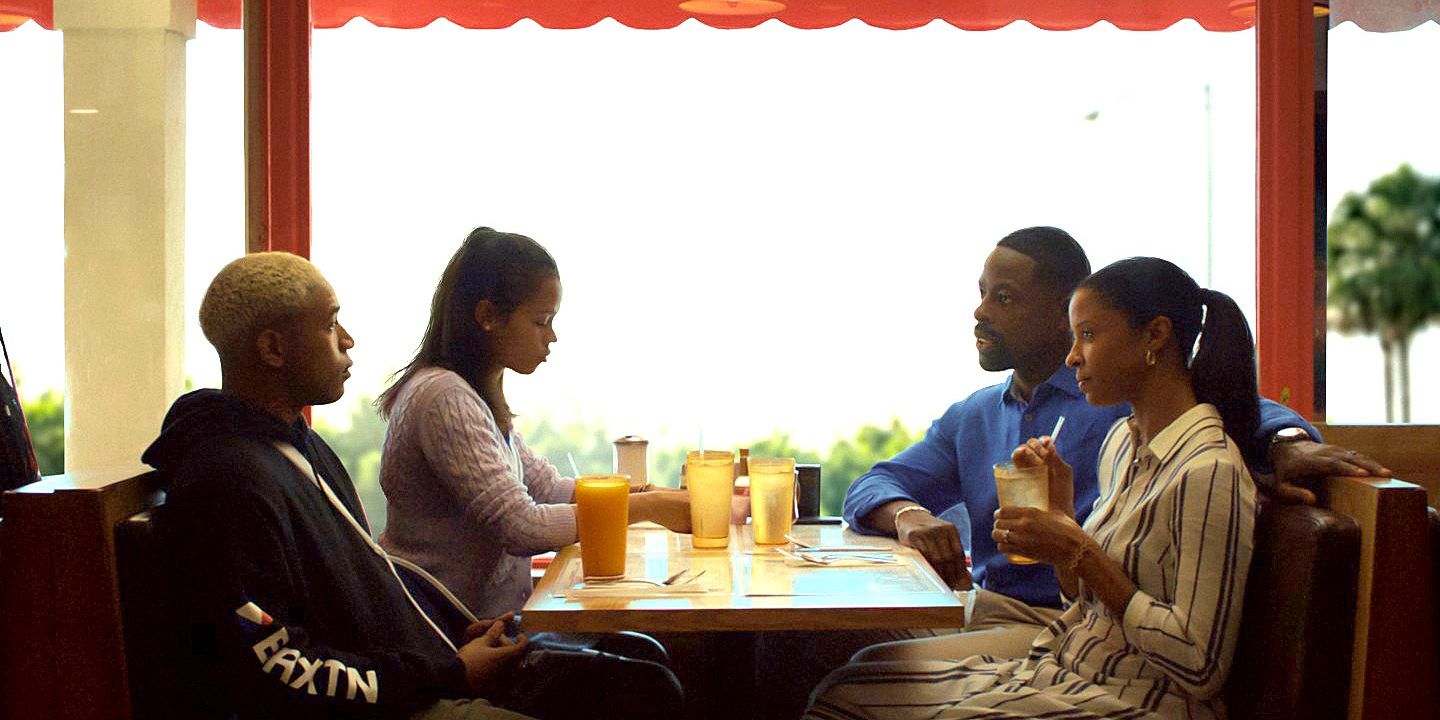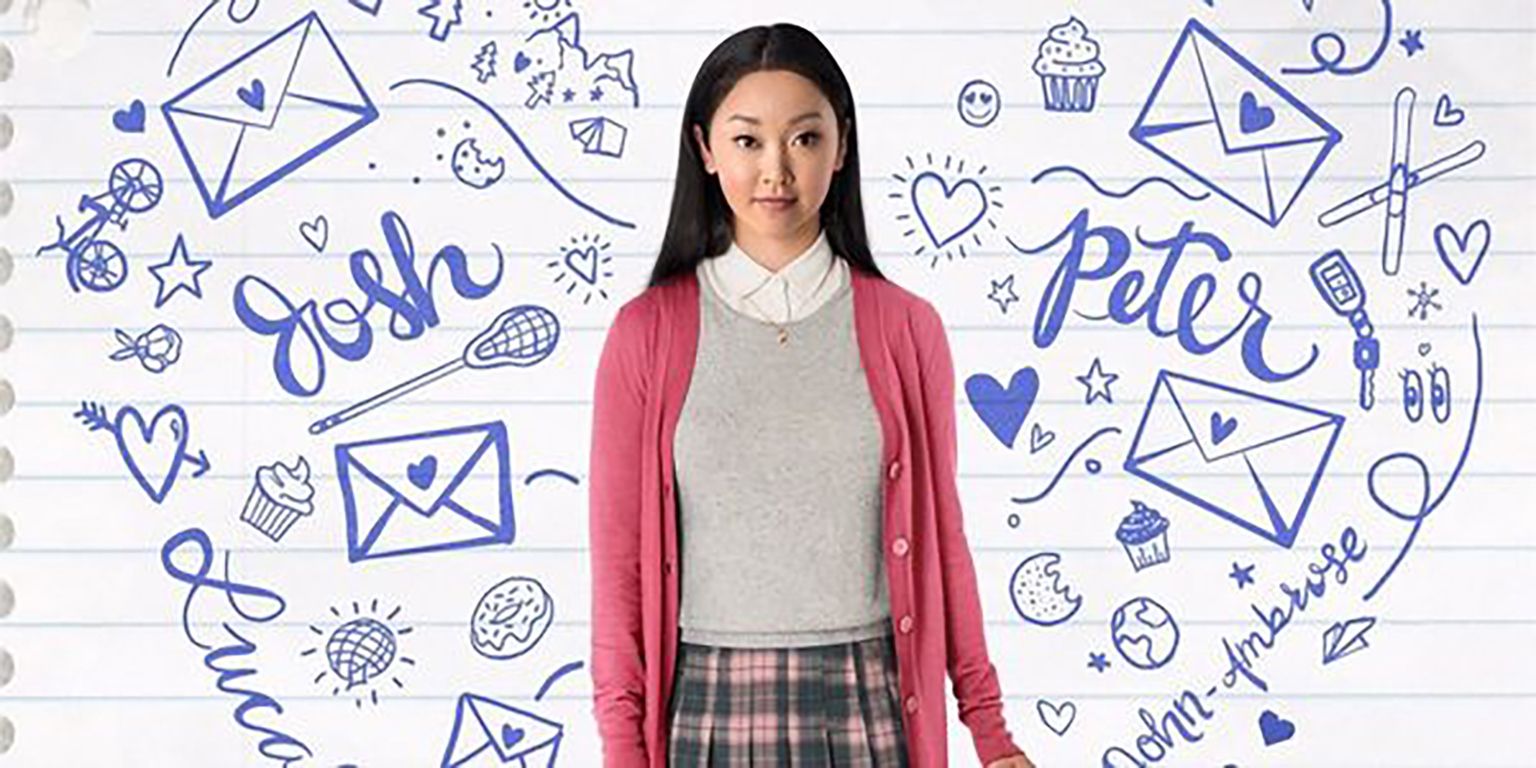A staple of storytelling dating back centuries, the everyman is a humble character -- frequently the protagonist -- whose exceedingly ordinary nature makes it easy for a wide audience to identify with him. Think Jim Halpert on The Office, or Ron Weasley in Harry Potter. In most instances, this stand-in for the "average" person is a straight, white man (there are exceptions, of course, and there is the everywoman). However, that's no more acceptable today than it is accurate. Straight, white men are not the everyman, and they don't represent the life of the average person.
Actors like Tom Hanks, Ethan Hawke and Kevin Costner have made careers playing that everyman. They are famous for bringing to life stories of everyday people, and paying attention to those who may not be the centers of attention, like Hawke in the Before trilogy or Boyhood. Alternatively, they represent the everyman in extraordinary circumstances, like Hanks in Cast Away or Costner in Field of Dreams. Those stories of the everyman are intended to explore and share alleged inalienable truths of the human condition.
However, the model of a white man representing the entirety of the human condition is outdated. An example of how the everyman film has evolved to be more diverse is the 2019 film Waves, written and directed by Trey Edward Shults. It's based heavily on Shults' own life as a high school wrestler, as well as his complicated relationship with his father. The twist is that Shults is a white man, but he cast Black actor Kevin Harrison Jr. to play Tyler, his stand in character for the film, and Sterling K. Brown of This is Us to play Ronald, Tyler's father.
In November 2019, Brown was a guest on The Bill Simmons Podcast to discuss the film and his role in it. In the interview, he discusses how Shults worked with Harrison to accurately adapt his life story to also be an honest portrayal of a Black family. Brown highlights how the film is able to be a fair representation of a Black family while also being a universal story. The family in the film is "Black on purpose," and it addresses Black issues, but it is still undeniably universal. Brown says the film is able to, "address the universal through the specific," which is how everyman films work.
It is the specificity in the everyman story, not the color of the actor's skin, that makes a film universal. Audiences attach themselves to moments, emotions and journeys more so than skin color, gender identity or sexual orientation. For so long studios have believed that straight, white male audiences would not be able to see themselves reflected in stories about queer people, women or people of color. This is unfair to marginalized groups denied the opportunity to see themselves on screen, and it is unfair to the film going audiences as a whole.
It seems like studios are starting to come around to this way of thinking, but it appears that they are being driven by the financial success of diverse films rather than a true understanding of why diverse stories are more effective than straight, white stories. Diversifying stories opens up the scale to be even more universally relatable, and it creates connections with a broader audience. It is in the film industry's best interest to diversify because it is a business, and diverse stories have proven to have great potential to be financial successes.
Also, in light of the Black Lives Matter protests and the injustices against the Black community being covered by the media, large corporations, including significant film studios, are coming forward with statements claiming they intend to do better with representation both on screen and behind camera, but these studios must do more than just make a statement online. They must do better in the films they produce.
Making films about the everyman can absolutely continue, and they should continue in a more diverse way. Women, queer people and people of color are just as capable of carrying films about universal issues as much as straight, white men can, and they deserve to be highlighted more in movies. Films like Lady Bird, Moonlight and To All the Boys I Loved Before are all examples of how universal diverse stories can be and how simple it is for audiences to relate to characters who may not physically match them. These films not only effectively tell their stories, but, to Brown's earlier point, the specificity in their stories increases the types of people who can relate to the narrative and characters.
By creating more diverse films about everyday people, there is more room for actors to tell stories that are about who their character is as a person, rather than as a representation of a whole group of people. This develops roles that are potentially deeper and more interesting because they can be complicated and engaging, rather than an unachievable pedestal. 2019's Booksmart is full of a diverse range of women, leaving the actors of the film the opportunity to represent different yet relatable journeys and emotions that end up being universal, rather than being the stock female character responsible for representing of an entire gender.
Diversity is a good thing, and stories about everyday people are a great way to learn more about the world and oneself. Together, diverse stories about everyday people have the potential to have a greater impact, and overall they have a more complete reflection of the human condition. Audiences are capable of relating to people who do not physically resemble them, and the film industry benefits from the opportunity to diversify both on camera and behind. White men are not the only ones who can effectively stand in as a representation for everyone.



